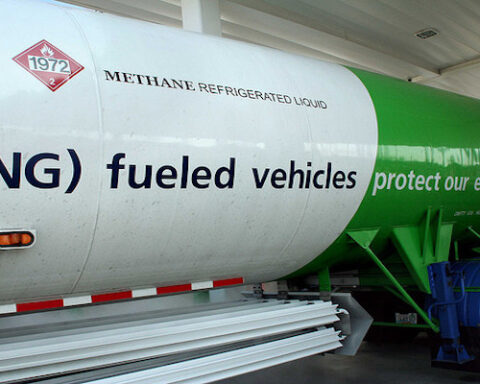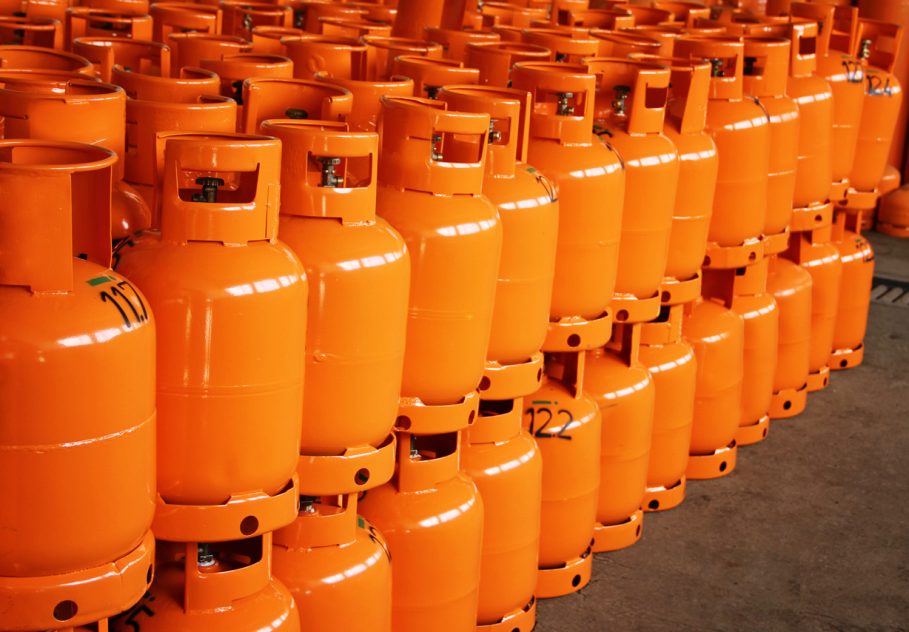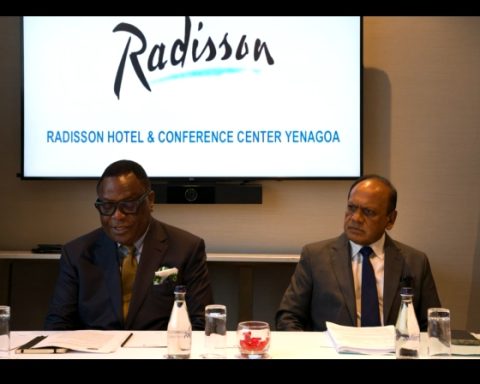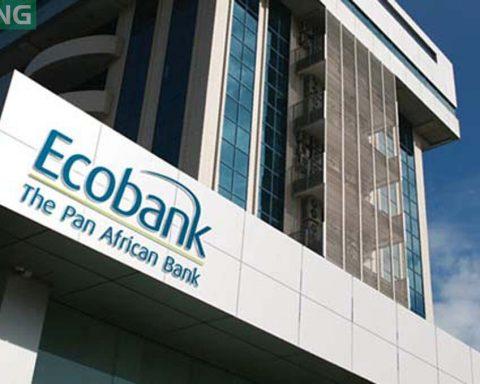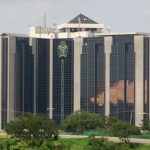The price of Compressed Natural Gas (CNG) in Nigeria has risen from between ₦230 and ₦320 to ₦380 and ₦450 per Standard Cubic Meter (SCM).
This development, which represents an increase of 65 per cent for commercial vehicles and 40 per cent for trucks, has generated significant concerns among CNG users in the country.
Join our WhatsApp ChannelThe CNG price hike was confirmed in a statement released by NIPCO Gas Limited on Monday.
“We wish to inform you that effective 01 September 2025, the mobility CNG price for all public transport vehicles – this will include all passenger cars & buses – will be N380 per SCM.
“We sincerely appreciate your understanding and continued patronage,” the NIPCO management stated.
This latest price hike threatens to undermine the adoption of what was touted as a cheaper alternative to petrol following the 2023 subsidy removal, with potential consequences for transportation costs, inflation, and Nigeria’s clean energy transition.
READ ALSO: Between Fuel Price Burden And CNG Conversion Cost: The Dilemma Of Nigerians
While the government insists that the move is necessary to attract private investment and create a sustainable market, motorists are experiencing reduced savings and face prolonged queues at refueling stations, leading some to consider returning to petrol.
CNG Adoption
The push for CNG adoption began in 2023 when President Bola Tinubu announced the removal of subsidies on fuel, causing petrol prices to surge from ₦179 to over ₦870 per litre. To cushion the effect, the Federal Government came up with the idea of CNG as a cheaper alternative and launched the Presidential Compressed Natural Gas Initiative (PCNGI) to incentivize vehicle conversions and develop necessary infrastructure.
Nigeria has huge natural gas reserves, estimated at over 210 trillion cubic feet, with about 76 per cent remaining undeveloped, making CNG a strategically logical alternative to imported petroleum products.
The government set ambitious targets, including converting one million vehicles to CNG by 2027 and establishing a nationwide network of refueling stations. The CNG initiative was initially welcomed, with vehicle conversions increasing from fewer than 4,000 to nearly 100,000 within a year, and conversion centers expanding from seven to 265 nationwide.
Recent Price Changes
In ensuring sustainability of the programme, the federal government has implemented a two-tier pricing system where commercial drivers transporting passengers pay less than trucks transporting goods. This new pricing structure took effect nationwide on September 1, 2025.
Reacting to the adjustment in CNG pump price, the Presidential Compressed Natural Gas Initiative (PCNGI) clarified that the Federal Government does not subsidize CNG. It stated that pricing decisions are made by private sector operators based on commercial considerations, while government agencies primarily work as regulators ensuring fair competition and consumer protection rather than controlling prices.
While consumers lament the rising cost of CNG, marketers argue that the previous price was not economically viable for investors. Taofeek Lawal, spokesperson for NIPCO Petroleum, explained that the increase was necessary to cover operational costs and make CNG stations commercially sustainable.
Industry stakeholders suggest that prices may need to reach ₦407 and ₦520/SCM to attract substantial private investment, while maintaining CNG’s cost advantage over petrol.
Economist and business consultant, Prof. I. Enakhena, said many Nigerians, including commercial drivers, would feel they have burnt their fingers after investing not less than ₦1.5 million to convert their vehicles based on a promise of a cheaper alternative fuel and are now faced with the rising cost of CNG.
“The sudden price hike feels like the government is moving the goalposts after ordinary folks have already invested heavily in it,” Prof. Enakhena stated via X.
He highlighted the impact of the CNG price hike on cost of living, given the consequential increase in price of transport.
“For the millions of Nigerians living in poverty, transportation costs are a major component of their daily expenses.”
He underscored the need for the government to look beyond CNG, pointing out that there is a growing need to invest in a variety of alternative transport solutions, including electric vehicles and an efficient public transit system. This, he said, would “provide a more resilient and affordable transport network for all Nigerians.”
“In essence, the CNG price hike is not just an economic issue; it is a question of trust and social contract between the government and its people. For many Nigerians, it feels like another broken promise in a long line of economic reforms that have disproportionately affected the vulnerable,” he added.
An X user identified as Deblak lamented the high cost of CNG, saying it has forced them to stop using it after spending ₦1.6 million in conversion.
“I converted our Sienna, which we used as a school bus, to CNG. However, I had to stop using it because it became more expensive for us than using PMS, especially since the nearest refueling station was about 100 km away round trip. With recent price hikes, the situation has only gotten worse.”
He regretted going for the vehicle conversion to use CNG, describing it as a waste of money.
“From ₦200+ last year to ₦450 now. subsidy removal keeps squeezing the poor while the rich adjust easily. At this rate, energy transition in Nigeria won’t be about going green, it’ll be about survival,” another X user wrote, highlighting the surge in CNG price in the last one year.
Inflationary Pressure concerns
As transportation costs potentially increase, there could be knock-on effects on general price levels throughout the economy. Higher transportation costs typically translate to increased prices for goods and services, potentially exacerbating Nigeria’s already high inflation rate.
Fuel subsidy removal, which led to high cost of petrol and exchange rate volatility had pushed Nigeria’s inflation rate to a 28-year high of 34 per cent in 2024. After the rebasing exercise earlier this year and reducing prices of fuel the headline inflation has been on a downward trajectory for four consecutive time, easing to 21.88 per cent in July 2025.
There are concerns that the new CNG price could trigger fresh hike in transportation and general costs of goods and services, thereby reversing the gain already made in reducing inflationary pressure


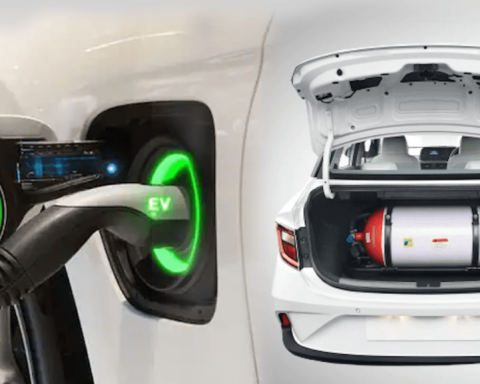
![Free CNG Conversion Centres Across Nigeria [See Full List]](https://www.primebusiness.africa/wp-content/uploads/2024/07/CNG-Centre-480x384.jpg)
